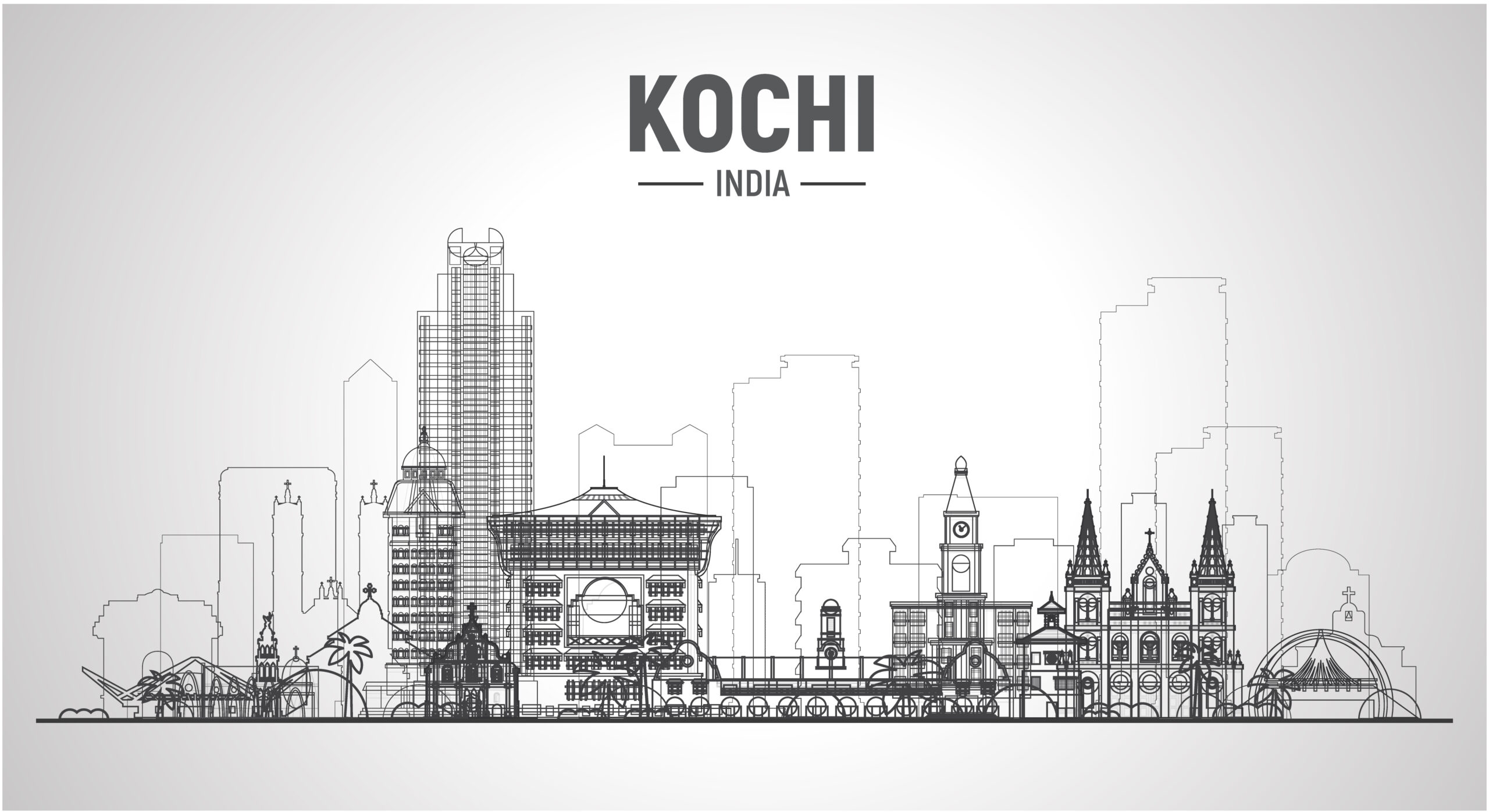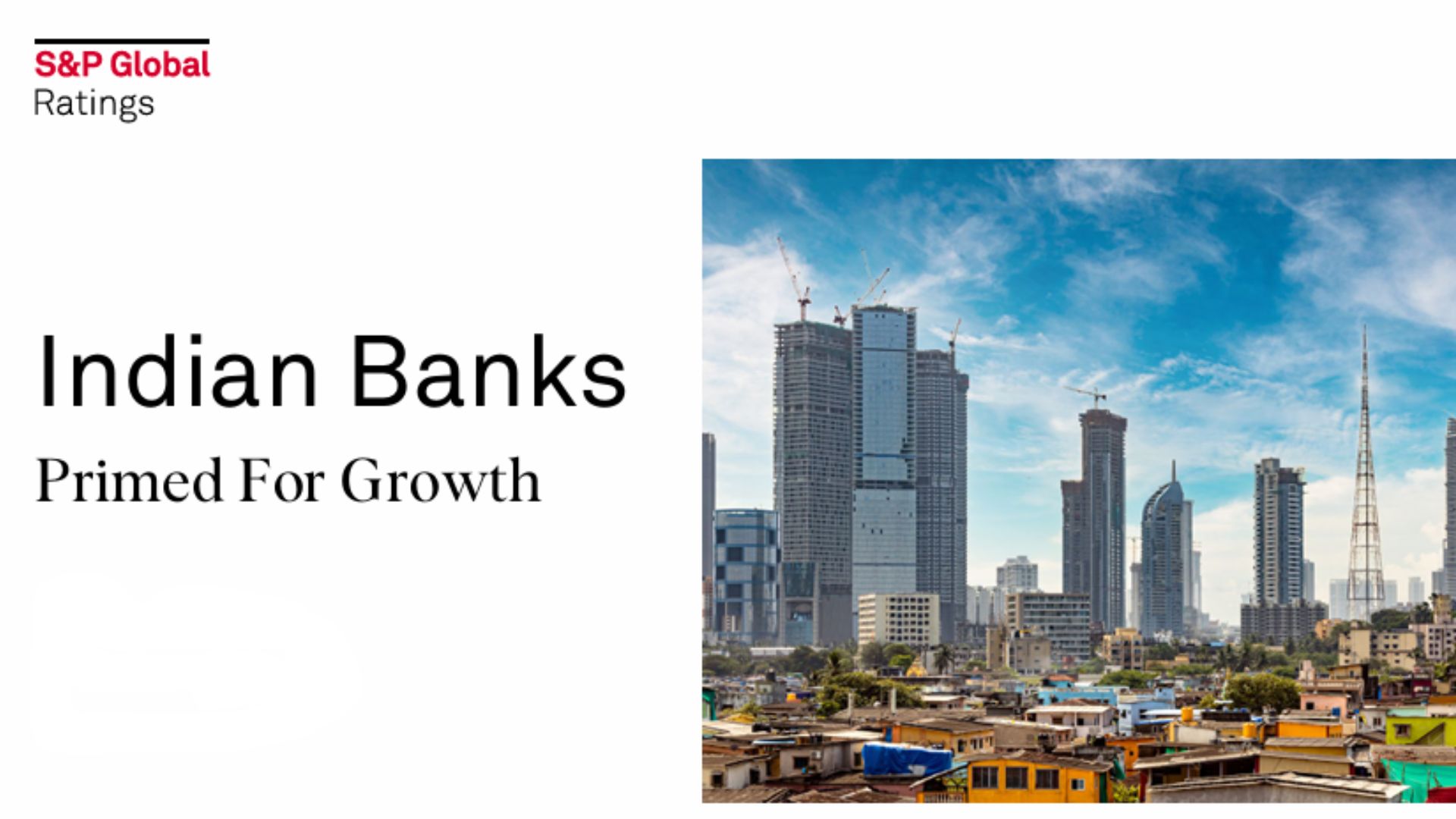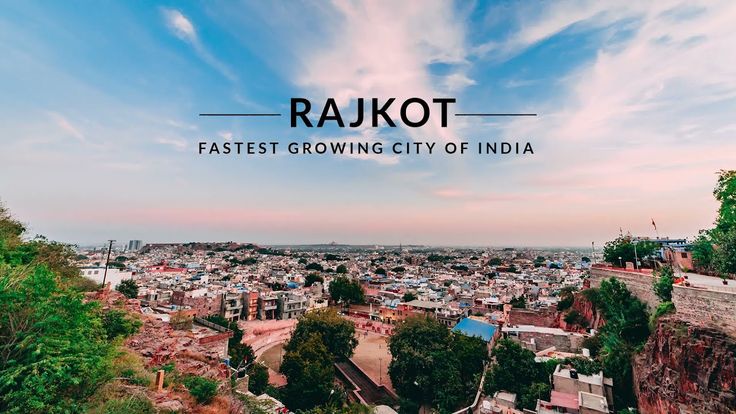Coimbatore’s Industrial Playbook: How a Tier-2 City Is Redefining India’s SME-Led Export Growth

As global manufacturing realigns and supply chains decentralize, Coimbatore is asserting itself as a quietly powerful node in India’s industrial map. With 323,000+ MSMEs as of August 2024, making it the second-largest MSME district in Tamil Nadu the city is rewriting the Tier-2 playbook. Coimbatore blends heritage manufacturing in textiles, pumps and jewellery with emerging strength in EV components, SaaS and aerospace, propelled by policy, innovation and trade not just in scale but in strategic substance.
Heritage Strengths That Anchor Growth
Coimbatore’s industrial DNA roots itself in legacy sectors, yet those roots are blossoming anew. Exports of ₹45,000 crore from textile hubs like Tiruppur and Coimbatore demonstrate consistent export performance, even as the city’s makers pivot toward technical textiles fabrics with industrial, medical and geotechnical applications. Institutions like SITRA and CICR have injected R&D into design cycles, shifting focus from commodity spinning to specialized innovation.
The engineering and pump cluster is a cornerstone. Coimbatore supplies 40–50 percent of India’s motors and pump production, with companies like C.R.I. Pumps, KSB and EKKI achieving global presence. C.R.I. alone has deployed over 170,000 solar-enabled IoT pumps globally and won multiple National Energy Conservation Awards. The cluster is now being repurposed for EV traction motors, enabling ETS-ready manufacturing in the city’s traditional units.
Meanwhile, in jewellery, the city’s depth is visible in the famed goldsmith districts and emerging ₹126 crore jewellery park at Kurichi. It will house over 400 precision-oriented units with hallmark testing, laser cutting and design facilities a high-standard enablement centre spread across an 8.5 lakh sq. ft campus.
Emerging Frontiers
The new industrial wave is emerging in electric vehicle components, aerospace manufacturing, and tech-driven prototyping. A government-backed EV motor cluster and common facility centre, led by SiTARC, is channelling pump and motor micro-units into EV traction motor supply chains. Its “Smart BLDC Submersible Pumpset” won UNIDO’s Innovation Challenge and is now free for MSME adaptation.
To facilitate this pivot, WRI India and FaMe TN launched a skilling programme that trains over 180 MSMEs across engineering, foundry and textile sectors in EV readiness, encompassing design, prototyping and production techniques for automotive-grade components.
On the startup frontier, Coimbatore is quietly flourishing. It is home to drone-tech firms like Aerogrid Systems, packing precision agriculture and civic surveillance solutions for ASEAN markets. At the same time, PackNBack is innovating sustainable packaging, while Mountire, under the MaaS model, connects small workshops to quality-conscious consumer product circuits. These ventures are not tech in isolation they are technology deeply rooted in local enterprise realities.
London & Partners’ Hemin Bharucha has highlighted Coimbatore as a rising innovation hub comparable to Denver-Boulder where scale meets incubation and talent from legacy STEM colleges converges with startup DNA.
Trade Bodies & Market Access
SME-led evolution in Coimbatore is enabled by organizations like CODISSIA, which operates the massive COINTEC exhibition centre and drives trade fairs and subcontracting expos. SUBCON 2025, for instance, connected 2,000+ local MSMEs to global OEMs and export buyers, strengthening international buyer-supplier linkages.
Annual summits like the Make in India SME Regional Summit and SME Manufacturers & Exporters Summit bring policymakers, financiers and innovators together. Here, MSMEs get actionable roadmaps for digital access, export certification and transition support into newer sectors.
Export Orientation and Global Corridors
Coimbatore’s export mix mirrors its sectoral diversity: textiles, pumps, processed poultry, auto components, jewellery and software services shipping to markets in the U.S., EU, UAE, ASEAN and Japan. The city now features prominently in reverse buyer-seller meets, where local producers have received export deals to Africa and Europe via Tamil Nadu’s state trade initiatives.
This aligns with corridor strategies: the India–UK FTA is expected to generate 1.3 lakh jobs in Coimbatore across textiles, leather, engineering and export agriculture. Similarly, CEPA with UAE and future alignments with EU-EFTA and ASEAN corridors, offer alternate routes and duty advantage to MSMEs.
Intent Meets Intervention
The Tamil Nadu Budget 2025 allocated ₹1,918 crore to MSME growth, ₹2.5 lakh crore in MSME credit and nine new industrial estates around Coimbatore. This is paired with central schemes like PMEGP, RoSCTL and PLI in manufacturing clusters.
Coimbatore will also soon house a ₹200 crore MSME Technology Centre at Arasur India’s most comprehensive shared prototyping and design hub, built under a PPP model with Ircon, aimed at empowering 50,000+ SMEs with access to simulation, tooling, calibration and design services.
The coir-rich Pollachi belt is being supported via a world-class coir testing and training centre, further emancipating rural artisan clusters for export-readiness. These capacities are essential for translating corridor access into effective trade outreach.
Micro to Mega
Local examples underscore Coimbatore’s micro-to-mega trajectory:
- Suguna Foods, started in the 1980s, is now a ₹8,700 crore contract poultry enterprise, creating livelihoods for over 40,000 farmers and innovating in feed, healthcare and contract farming models.
- Pricol Limited, founded in 1972, produces dashboards, oil pumps, sensors and telematics kits for global auto OEMs, exporting from a presence in Coimbatore and operations across Indonesia and Detroit.
- Jayem Automotives, founded in 1969, builds EV powertrain systems and performance vehicles in collaboration with Tata Motors, showcasing deep R&D within Coimbatore’s ecosystem.
- Startups such as Ampere Vehicles (EV bikes), Bellatrix Aerospace and Craftsman Automation are emerging strong innovators in the city’s evolving industrial base.
Challenges as Catalysts
Despite the momentum, Coimbatore’s MSME base remains largely family-managed and cautious. Reports in mid-2024 indicated nearly 30% attrition among pump-set manufacturers due to high GST rates, lack of branded inputs and certification bottlenecks. Hesitancy in automation and scale-up persists. However, these are being tackled through training platforms, export awareness programmes spearheaded by CODISSIA and subsidized digitalisation schemes.
The Tier-2 Blueprint
What Coimbatore offers is more than success it is strategy in action:
- It demonstrates how heritage strengths (textiles, pumps, jewellery) can integrate with future sectors.
- Policy interventions from MSME tech centres to corridor focus can democratize modernization access.
- Trade bodies can convert scale into strategy by aligning MSMEs with global flows.
- Cluster-based startups can co-create solutions embedded in real industrial workflows.
- Export gut-readiness can be built through corridor-aligned infrastructure, certification support and trade missions.
In a world rebalancing supply chains and rising economic nationalism, Coimbatore charts a path grounded in enterprise, trust and local-global linkages.
Conclusion
In the emerging architecture of India’s industrial future, Tier-2 cities will no longer be supporting characters they will be key protagonists. Coimbatore’s evolution from pump city to EV prototyping hub signals precisely that shift. It is not just BMU that survives global shocks it is built to thrive. Realizing India’s export aspirations won’t happen from megacities alone. It will be built from regions like Coimbatore, where innovation is practical, exports are grounded and MSME ingenuity intersects policy and corridors in real time.











